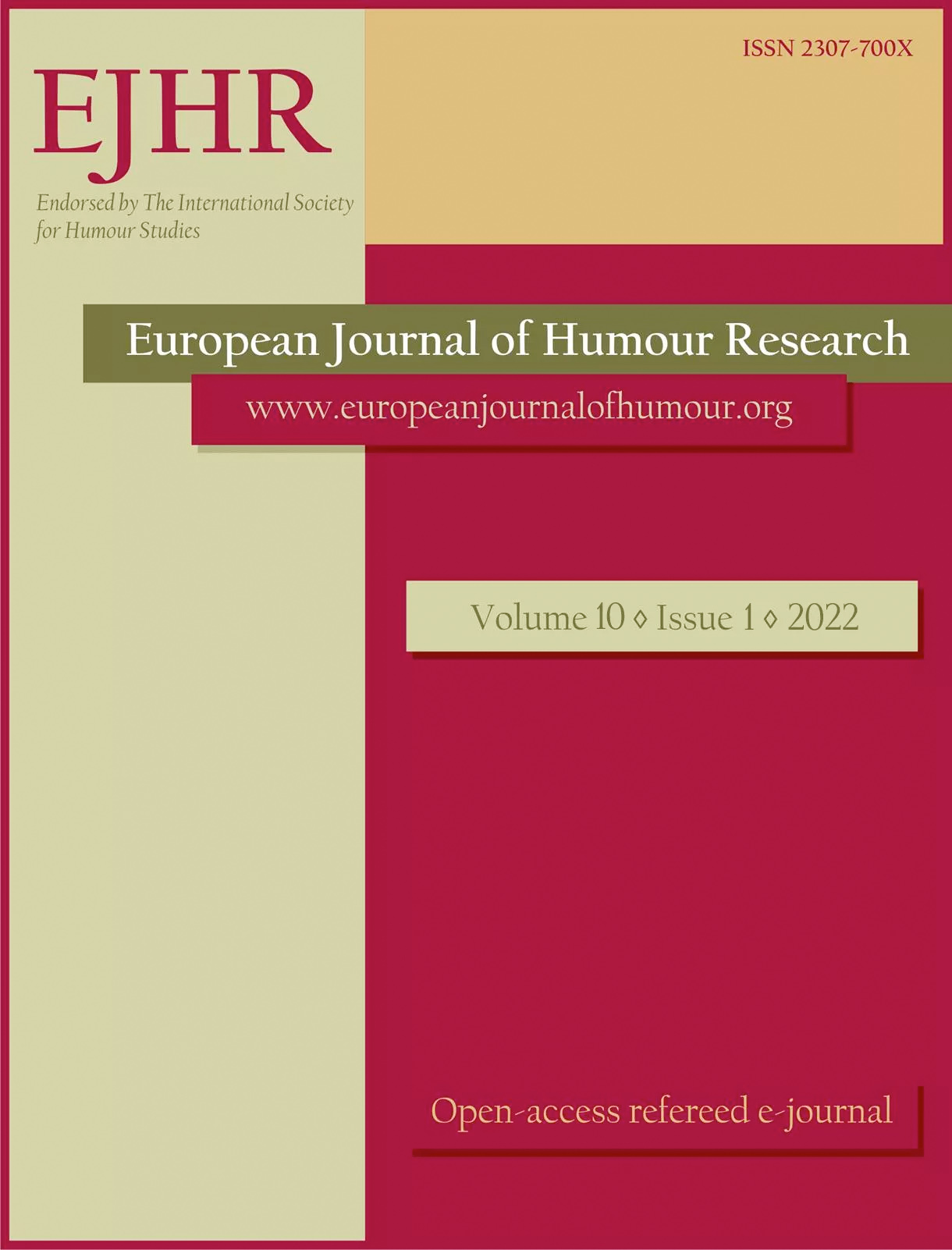Stereotyping Arab women in jokes circulated on social
media during the coronavirus crisis
Stereotyping Arab women in jokes circulated on social
media during the coronavirus crisis
Author(s): Ahmad S. Haider, Linda S. Al-AbbasSubject(s): Language and Literature Studies, Media studies, Theoretical Linguistics, Applied Linguistics, Communication studies, Pragmatics, Sociolinguistics, Theory of Communication
Published by: Krakowskie Towarzystwo Popularyzowania Wiedzy o Komunikacji Językowej Tertium
Keywords: coronavirus; stereotype; GTVH; CDA; social media; women; jokes
Summary/Abstract: Since the outbreak of the Coronavirus pandemic in late 2019, fear and panic dominated thecontent of online news. Simultaneously, there was a prevalence of jokes on different social mediasites. During the crisis, most Arab countries went through a nationwide lockdown for weeks thatpeople found themselves trapped in their homes and resorted to social media to express theirfrustration about the prevailing happenings. They began exchanging jokes on social media thatindirectly reflected stereotypes about them. One thousand four hundred and twenty-four jokes(1424) were collected from Facebook and WhatsApp messages for three months and werecategorized based on the themes they covered. Gender-related jokes ranked the highest andwere predominantly targeting women. Hence, this study is an attempt to explore how ArabWomen were stereotyped in jokes circulated on social media during the coronavirus crisis. The508 gender-related jokes were analysed in light of the General Theory of Verbal Humour(GTVH) and Critical Discourse Analysis (CDA). The analysis generated four main themes,namely ‘marital relations’ (33%), ‘habits and attributes’ (26%), ‘beauty and makeup’ (23%),and ‘violence’ (18%). Women were stereotyped as being ugly and less feminine without makeup,talkative, shopaholic, despising and annoying wives, and violent and harmful partners in theirprivate sphere. The study concludes that such negative stereotypes might be unintentionallyproduced and reinforced through laughter-eliciting jokes circulating fast in the virtual world.
Journal: The European Journal of Humour Research
- Issue Year: 10/2022
- Issue No: 1
- Page Range: 168-185
- Page Count: 18
- Language: English

